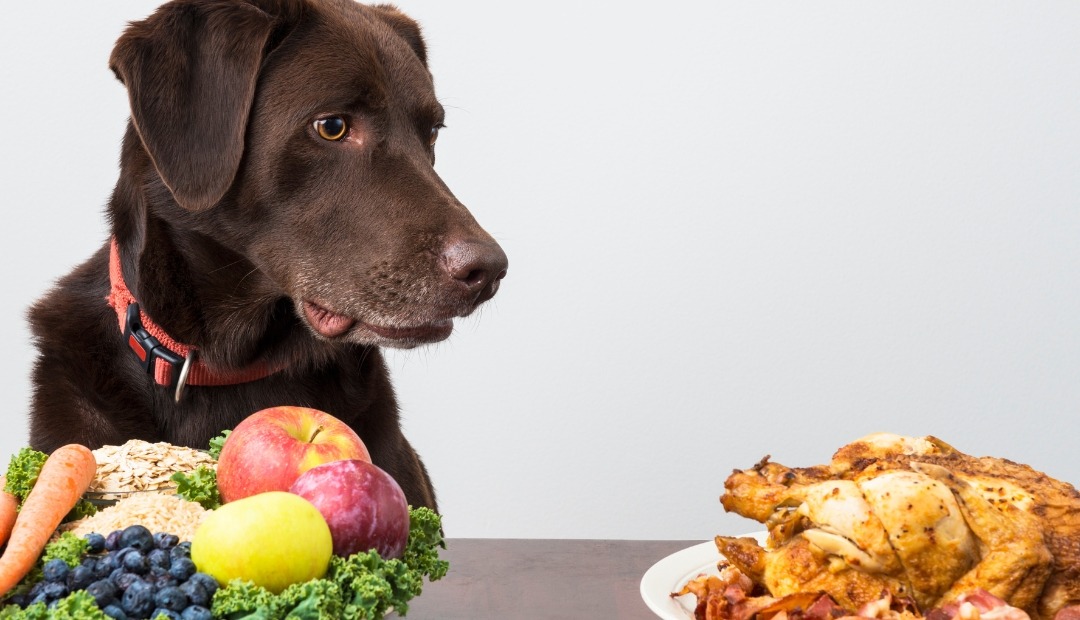Living in modern apartments in Houston, TX, is a delight for both humans and their furry companions. It's easy for us to treat our pets like family, but when it comes to diet, their requirements differ significantly from ours. While some foods are safe and even beneficial for humans, they can pose serious health risks for pets. Whether it's chocolate or onions, several everyday items in our kitchens are surprisingly dangerous for animals. In this blog post, we will delve into the top 10 common foods that are toxic to pets and why it's crucial to keep them out of your pet's reach.
Top 10 Toxic Foods For Your Pet to Avoid
- Chocolate: Perhaps one of the most well-known toxic foods for pets, chocolate contains theobromine and caffeine, which can be lethal to dogs and cats. Even small amounts of chocolate can cause vomiting, diarrhea, tremors, seizures, and even death in severe cases. Dark chocolate and baking chocolate are particularly dangerous due to their higher levels of theobromine.
- Grapes and Raisins: While the exact toxic component in grapes and raisins is unknown, these fruits can cause kidney failure in dogs and cats. Just a small amount can lead to vomiting, diarrhea, lethargy, and loss of appetite. In severe cases, kidney failure can occur, leading to death if left untreated.
- Xylitol: Found in sugar-free gum, candy, baked goods, and some peanut butter brands, xylitol is highly toxic to dogs. Ingestion of even small amounts can cause a rapid release of insulin, leading to hypoglycemia (low blood sugar), seizures, liver failure, and death. It's essential to check food labels carefully and keep products containing xylitol well out of reach of pets.
- Onions and Garlic: Onions, garlic, and other members of the allium family contain compounds that can damage red blood cells in dogs and cats, leading to anemia. Symptoms of onion and garlic poisoning include vomiting, diarrhea, weakness, lethargy, and pale gums. In severe cases, pets may require blood transfusions to treat the anemia.
- Avocado: While avocado is a nutritious food for humans, it contains persin, a toxin that can be harmful to dogs, cats, and other animals. Ingestion of avocado can cause vomiting, diarrhea, and pancreatitis in pets. The pit of the avocado poses a choking hazard, while the high-fat content can lead to gastrointestinal upset.
- Alcohol: Alcohol consumption can have serious consequences for pets, including intoxication, respiratory distress, coma, and death. Even small amounts of alcohol can cause significant toxicity in animals due to their smaller size and differences in metabolism compared to humans. It's crucial to keep alcoholic beverages out of reach of pets at all times.
- Caffeine: Just like chocolate, caffeine is a stimulant that can be harmful to pets. Ingestion of caffeine-containing foods and beverages can lead to rapid heart rate, restlessness, tremors, seizures, and collapse in dogs and cats. Coffee grounds, tea bags, energy drinks, and certain medications contain caffeine and should be kept away from pets.
- Macadamia Nuts: Macadamia nuts are highly toxic to dogs and can cause weakness, tremors, vomiting, elevated body temperature, and inability to walk. Ingestion of macadamia nuts can also lead to pancreatitis, a painful inflammation of the pancreas. It's essential to keep all foods containing macadamia nuts away from pets.
- Raw Dough: Raw bread dough containing yeast can expand in the stomach, causing bloating, discomfort, and potential obstruction of the gastrointestinal tract. Additionally, as the dough ferments, it produces alcohol, which can lead to alcohol toxicity in pets. It's crucial to keep raw dough away from pets and ensure that all rising dough is securely stored out of reach.
- Bones: While many pet owners give their dogs bones as a treat, they can pose significant risks. Cooked bones, in particular, can splinter and cause choking, gastrointestinal obstruction, or perforation of the intestines. Even raw bones can harbor bacteria like Salmonella and E. coli, leading to gastrointestinal upset.
It's essential to remember that every pet is different, and some animals may be more sensitive to certain foods than others. As a responsible pet owner, it's crucial to familiarize yourself with the list of toxic foods for pets and take steps to prevent accidental ingestion. If you suspect that your pet has ingested a toxic substance, contact your veterinarian or an emergency animal hospital immediately for guidance and treatment.
So be mindful, while it can be tempting to share our favorite foods with our pets, it's essential to prioritize their health and safety above all else. By avoiding these top 10 toxic foods for pets and being mindful of what you feed your furry companions, you can help ensure that they live long, healthy, and happy lives.
Westmount at Copper Mill Apartments in Houston, TX


